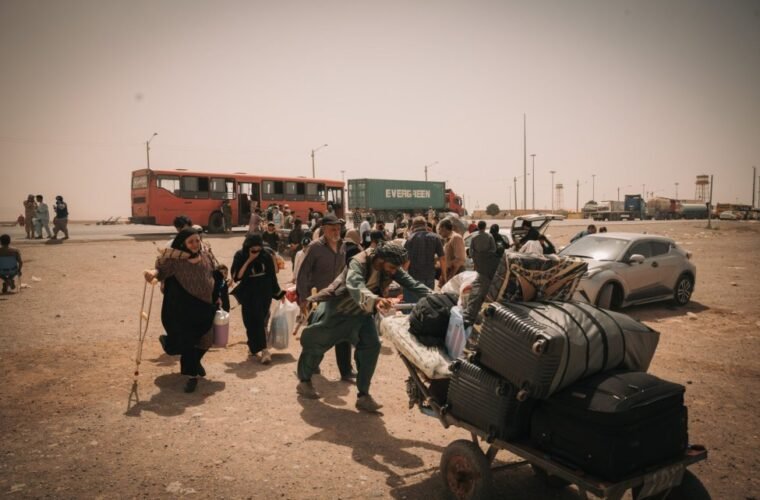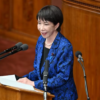The International Organization for Migration (IOM) has warned that Afghanistan is confronting one of the largest waves of forced deportations in recent history, with 1.5 million migrants deported and returned from neighbouring countries this year alone, Tolo News reported.
According to the organisation, Pakistan’s ongoing decision to deport Afghan migrants is pushing the country toward a severe crisis without urgent international support.
Farhan Haq, Deputy Spokesperson for the UN Secretary-General, said, “International Organization for Migration is urgently calling for international support as Afghanistan faces one of the largest return movements in recent history. Since September 2023, more than 4 million Afghans have returned from Iran and Pakistan, with over 1.5 million returning in 2025 alone,” Tolo News added.
In a related development, UN Women highlighted in a report that women and girls constitute nearly half of the deported migrants. The agency warned that these women and girls face significant threats upon their return to Afghanistan, including poverty, early marriage, violence, and unprecedented restrictions.
As Tolo News detailed, the UN Deputy Spokesperson stated: “Women and girls represent 1/3 of returnees from Iran so far in 2025 and about half of all returnees from Pakistan. The report voiced that, like all women and girls in Afghanistan, returnee women and girls face increased risks of poverty, early marriage, violence, exploitation and unprecedented restrictions on their rights, movements and freedoms.”
Responding to these concerns, Afghanistan’s caretaker government dismissed the UN’s warnings as unfounded and asserted that women’s rights are being safeguarded.
Hamdullah Fitrat, Deputy Spokesperson for the Islamic Emirate, said, “The Islamic Emirate has prevented any form of forced marriage and Bad Dadan (‘giving away a daughter’, which typically involves settling a dispute between families or tribes by marrying off a girl from one family to a man from the other). Women are given inheritance rights, their voices are heard, their cases are processed in courts, and especially the complaints section of the Ministry of Vice and Virtue has addressed thousands of women’s complaints,” as reported by Tolo News.
However, women’s rights activists remain concerned. Tafsir Siyahposh said, “Today we all witness that unfortunately, the opportunities that were available to women returning from abroad are not available in Afghanistan. But we are still trying to persuade the Islamic Emirate government to consider the rights and freedoms of women.”
The warnings about the consequences of mass deportation come amid ongoing forced returns from Iran and Pakistan, while key issues around women’s education and employment continue to draw international criticism and remain unresolved.





